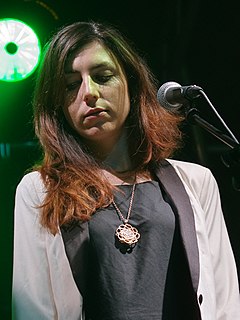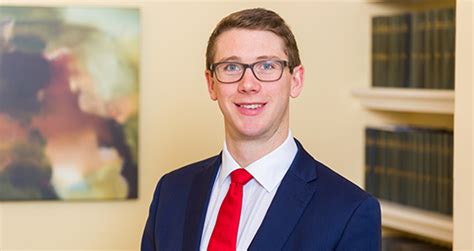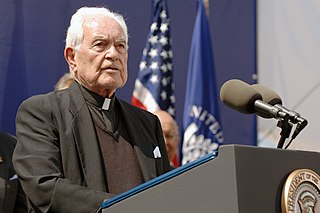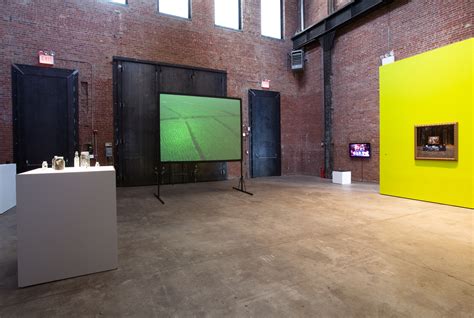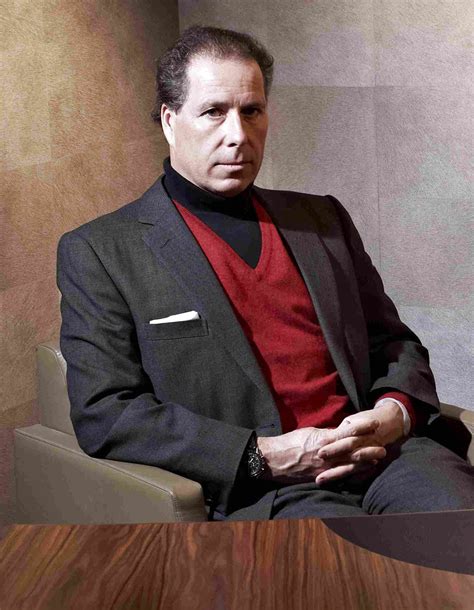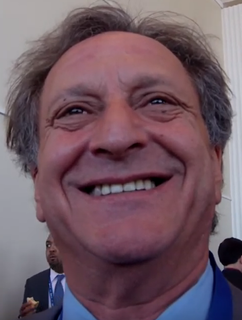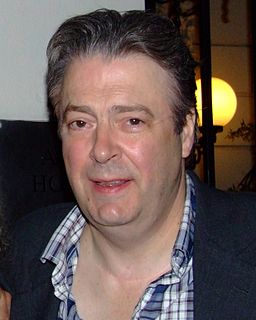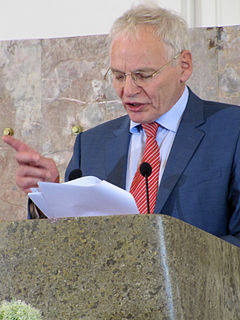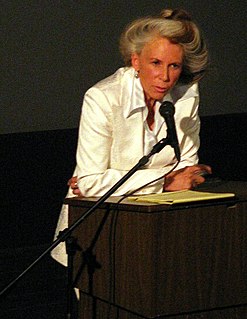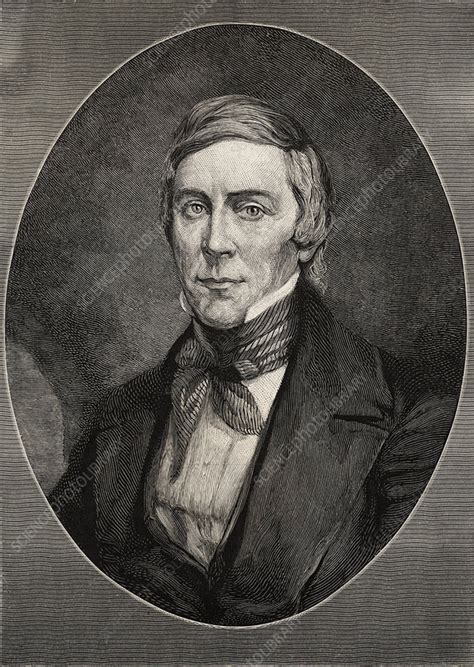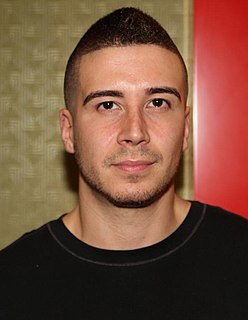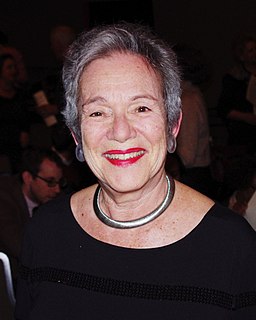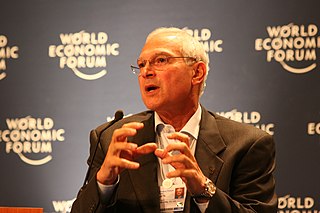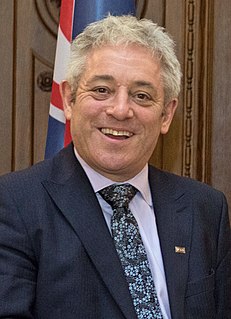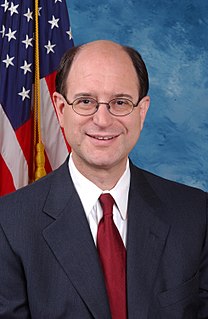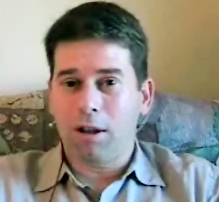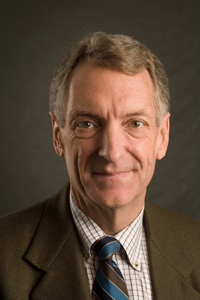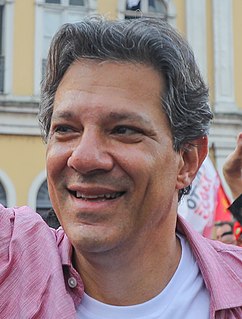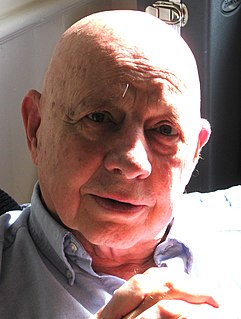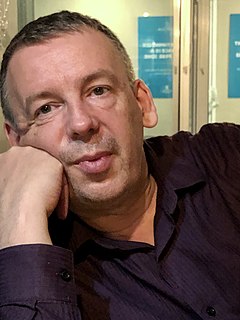Top 1200 Academic Work Quotes & Sayings
Explore popular Academic Work quotes.
Last updated on April 14, 2025.
I tell this anecdote with tongue in cheek at the start of my book William Burroughs and the Secret of Fascination, but my academic involvement with Burroughs was entirely due to my tutor at Oxford, Peter Conrad. I was discussing with him the idea of staying on to do graduate work and when I tossed the name of Burroughs into the conversation - well, he let it fall loudly onto the floor, and proceeded to cross himself as if warding off an evil spirit. Since I was very ambivalent about an academic career in any case, that decided it for me.
There is one great advantage to being an academic economist in France: here, economists are not highly respected in the academic and intellectual world or by political and financial elites. Hence they must set aside their contempt for other disciplines and their absurd claim to greater scientific legitimacy, despite the fact that they know almost nothing about anything.
While the universities are increasingly corporatized and militarized, their governing structures are becoming more authoritarian, faculty are being devalued as public intellectuals, students are viewed as clients, academic fields are treated as economic domains for providing credentials, and work place skills, and academic freedom is under assault.
There's actually a wonderful quote from Stanley Fish, who is sometimes very polemical and with whom I don't always agree. He writes, "Freedom of speech is not an academic value. Accuracy of speech is an academic value; completeness of speech is an academic value; relevance of speech is an academic value. Each of these is directly related to the goal of academic inquiry: getting a matter of fact right."
You have to understand, in the current academic climate, Intelligent Design is like leprosy or heresy in times past. To be tagged as an ID supporter is to become an academic pariah, and this holds even at so-called Christian institutions that place a premium on respectability at the expense of truth and the offense of the Gospel.


